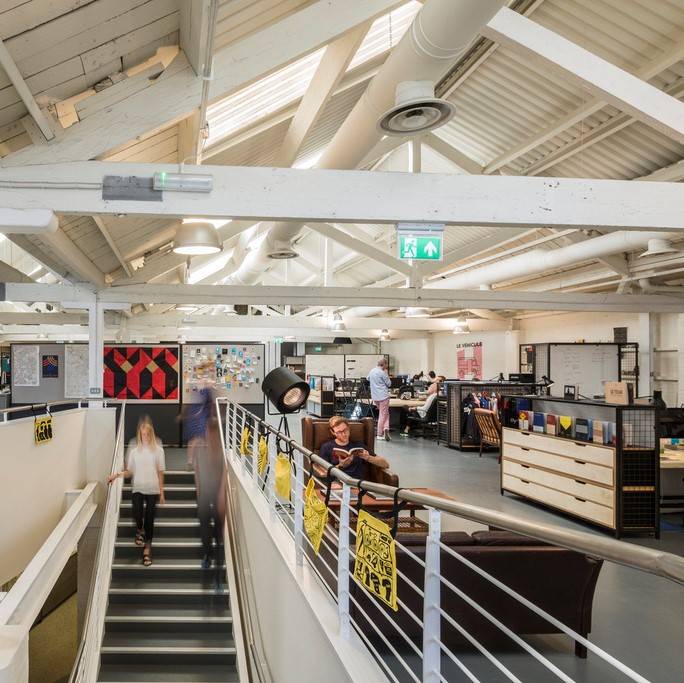To provide the best experiences, we use technologies like cookies to store and/or access device information. Consenting to these technologies will allow us to process data such as browsing behaviour or unique IDs on this site. Not consenting or withdrawing consent, may adversely affect certain features and functions.
The technical storage or access is strictly necessary for the legitimate purpose of enabling the use of a specific service explicitly requested by the subscriber or user, or for the sole purpose of carrying out the transmission of a communication over an electronic communications network.
The technical storage or access is necessary for the legitimate purpose of storing preferences that are not requested by the subscriber or user.
The technical storage or access that is used exclusively for statistical purposes.
The technical storage or access that is used exclusively for anonymous statistical purposes. Without a subpoena, voluntary compliance on the part of your Internet Service Provider, or additional records from a third party, information stored or retrieved for this purpose alone cannot usually be used to identify you.
The technical storage or access is required to create user profiles to send advertising, or to track the user on a website or across several websites for similar marketing purposes.
 Channel 4 has confirmed that Leeds will be the location of its new National HQ with Bristol and Glasgow as the locations of its two new Creative Hubs. Channel 4 announced its 4 All the UK strategy in March 2018, the biggest change to the structure of the organisation in its 35-year history. At the heart of it is a significant increase in the organisation’s Nations and Regions content spend – from 35 percent to 50 percent of main channel UK commissions by 2023, worth up to £250m more in total.
Channel 4 has confirmed that Leeds will be the location of its new National HQ with Bristol and Glasgow as the locations of its two new Creative Hubs. Channel 4 announced its 4 All the UK strategy in March 2018, the biggest change to the structure of the organisation in its 35-year history. At the heart of it is a significant increase in the organisation’s Nations and Regions content spend – from 35 percent to 50 percent of main channel UK commissions by 2023, worth up to £250m more in total.



































October 31, 2018
What is in a name for the UK facilities management sector?
by Jo Sutherland • Comment, Facilities management
(more…)